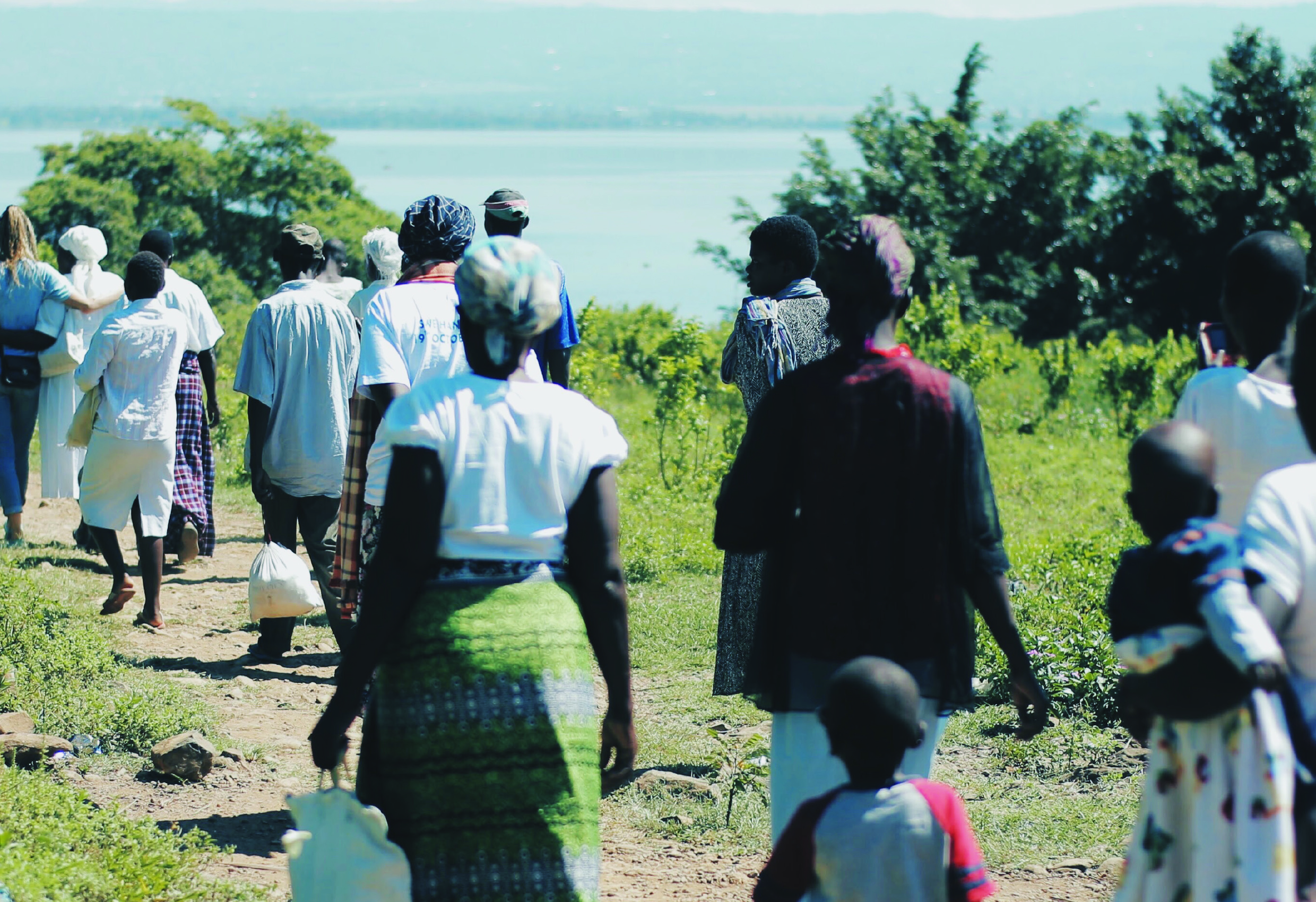This study on the impact of the COVID-19 pandemic on women cross-border traders in Malawi uses both a desktop review of women cross-border trade and a semi-structured questionnaire. The study examined the impact of COVID-19 on the women cross-border traders in Malawi, and uncovered some critical issues. Before this study, there was some evidence indicating that cross border trade is an important source of livelihood among women who trade in various goods ranging from agricultural goods, processed foods, fizzy drinks and juices, clothes, electronics and many more, with some trade occurring to offload seasonal surpluses in the traded countries. It was further noted that women cross-border traders are the most affected throughout the value chain (from the point of purchase of their commodities, transporting their goods, clearing them and to the point of reselling). Taking this into consideration and understanding that the COVID-19 pandemic has affected many businesses and has destabilised many value chains, it is undoubtedly understandable that women cross border traders have been affected severely. However, the extent to which the effect of the pandemic has disturbed their business was undocumented.
This study therefore set out to record the challenges faced by women cross-border traders in Malawi and how the COVID-19 pandemic has affected their businesses. Women cross border traders in Malawi are defined as all the women that move between Malawi and her neighbours, as well as those in the region to trade in goods that are purchased from another country but use formal official customs checks and recording points or passing through the customs points to clear their merchandise, as part of their efforts in alleviating poverty and providing livelihood essentials among their families.




